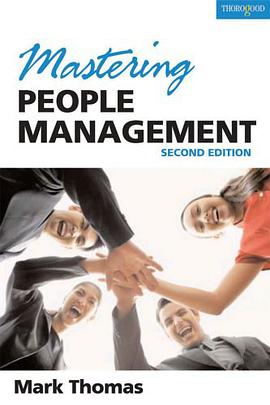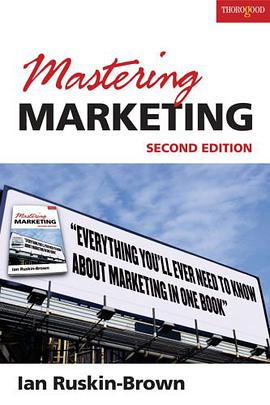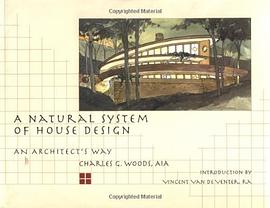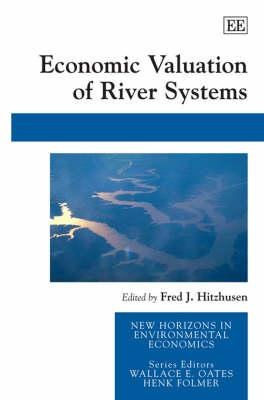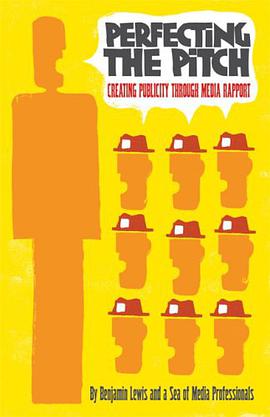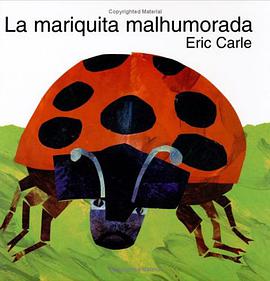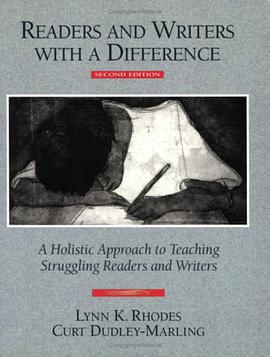

When the first edition of "Readers and Writers with a Difference" appeared in 1988, it shattered the myth that whole language instruction was too unstructured and inexplicit to help remedial and learning disabled students. By providing specific assessment and instructional strategies, it was one of the first texts to show that struggling readers and writers could, indeed, benefit from holistic methods-not just in the resource room, but in the regular classroom as well. Today, as more and more students with learning problems are entering mainstream classroom settings, the models presented by Rhodes and Dudley-Marling are more cogent than ever. But the framework upon which whole language theory rests has greatly evolved since the first edition was published and has also come under increasing attack. This second edition renews the case for whole language theory, taking into account the various developments in language arts over the past eight years. Included are new and expanded sections on literacy theory, instruction and assessment, and literacy as social practice; and a reconsideration of how teachers, administrators, and parents might work and learn collaboratively. The authors write, "It is no longer possible to talk about approaches to teaching students to read (and write) once and for all," write the authors. "Instead, we have to think about supporting students as they learn a range of literate practices . . ." The second edition of "Readers and Writers with a Difference" offers myriad suggestions for making that range as rich and far reaching as possible.
具体描述
读后感
评分
评分
评分
评分
用户评价
相关图书
本站所有内容均为互联网搜索引擎提供的公开搜索信息,本站不存储任何数据与内容,任何内容与数据均与本站无关,如有需要请联系相关搜索引擎包括但不限于百度,google,bing,sogou 等
© 2025 book.wenda123.org All Rights Reserved. 图书目录大全 版权所有

